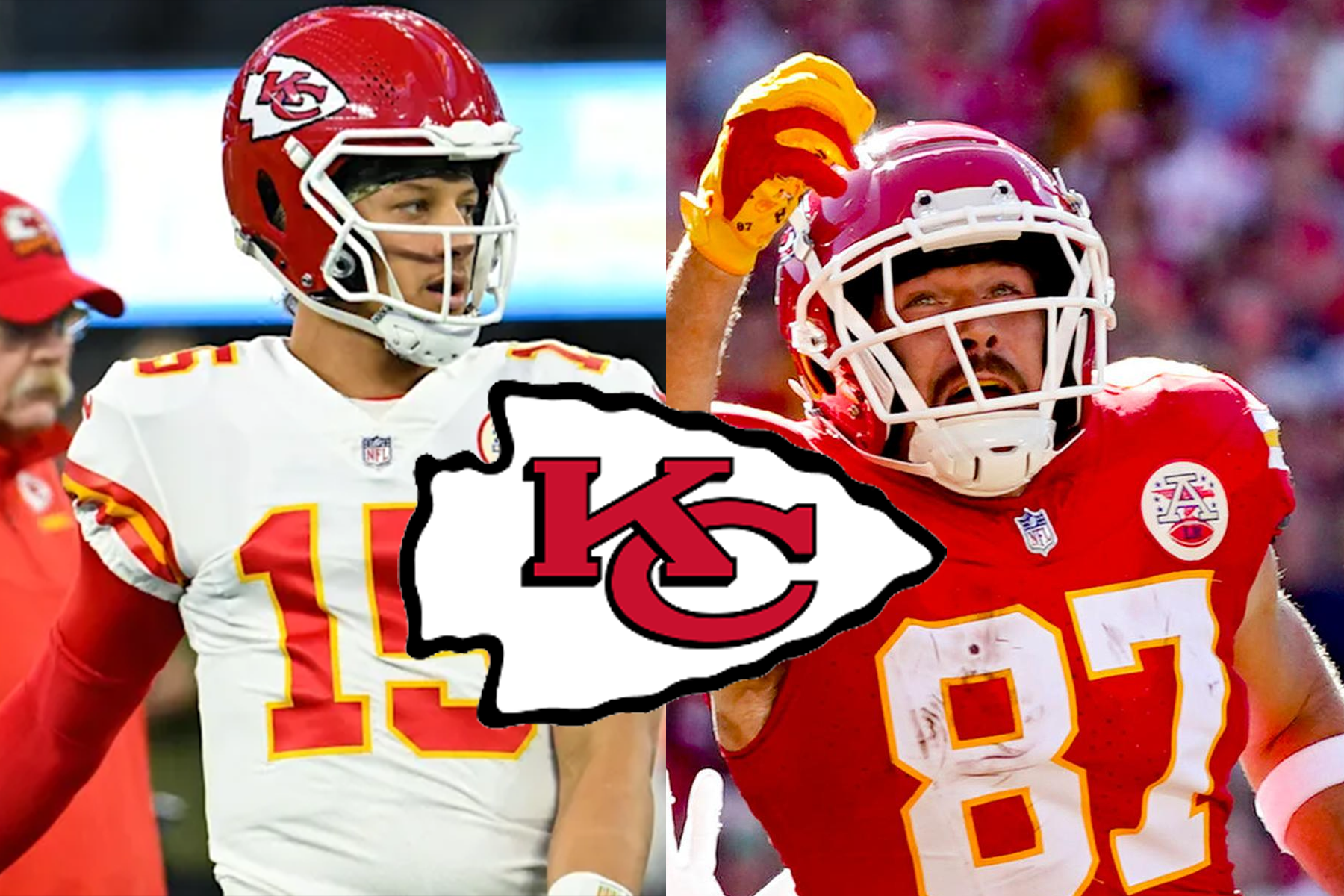Despite the Kansas City Chiefs’ impressive run this NFL season, the team’s legacy is clouded by controversy that rarely makes headlines.
While media outlets celebrate their successes, less attention is given to the underlying cultural issues within the Kansas City Chiefs’ franchise— namely, the use of Native American imagery and traditions that many argue perpetuate harmful stereotypes.
The Kansas City Chiefs’ name was inspired by Harold Roe Bartle, a former Kansas City mayor who was instrumental in founding the team in the 1960s. Known as “Chief” Bartle, he earned his nickname through his leadership in the “Tribe of Mic-O-Say,” a Boy Scouts-inspired organization he founded, which incorporated Native American imagery and costumes. Although Bartle himself was not Native American, his influence and nickname inspired the team’s identity — a choice that, while not intentionally offensive, continues to stir discussions around cultural sensitivity.
Bartle’s adoption of the “Chief” nickname was controversial from the start, as he had no Native ancestry. The term itself has complex origins rooted in colonial history; European settlers coined the anglicized term “chief” to describe the leaders of Indigenous nations they encountered during the colonization of North America. To many, Bartle’s use of the title symbolizes a troubling appropriation, one that disregards the depth of Indigenous leadership structures, and the cultural significance embedded in those roles.
A central point of controversy surrounding the Kansas City Chiefs lies in the team’s use of Native American imagery. Celebratory practices, especially the “tomahawk chop” — a gesture where fans mimic the swinging of a tomahawk in sync with a chant — have drawn widespread criticism. This ritual, according to many Native advocates, trivialized Indigenous customs and reduced rich, complex cultures to shallow caricatures.
Beyond the tomahawk chop, the Chiefs’ traditions include other elements often viewed as racially insensitive.
The team’s stadium, Arrowhead Stadium, is named and decorated with imagery appropriating Native American culture, using symbolism without true connection to Indigenous culture. Using arrowhead symbols throughout the team’s branding has been criticized for minimizing sacred elements of Native American identity.
Fans often chant in unison to mimic Native American war cries and drumbeats, creating an atmosphere meant to feel “tribal.” Indigenous activists argue that these chants and rhythms reinforce stereotypes by mocking sacred practices.
It was also common for fans to wear face paint in a style they associated with Native Americans and don feathered headdresses. These headdresses, sacred in many Indigenous cultures, are often worn only by individuals who have earned them through acts of bravery or significant cultural contributions. Their casual use in stadiums has been widely condemned for disrespecting Indigenous cultural values.
In 2020, the Kansas City Chiefs implemented a ban on fans from wearing feathered headdresses and Native-inspired face paint at Arrowhead Stadium. These changes aimed at curbing some of the more visible and controversial elements associated with game-day attire as they hold deep cultural and ceremonial significance within Indigenous communities and are traditionally worn by those who have earned them through significant acts of bravery and service.
The Chiefs also retired their “warpaint” mascot, a horse that was traditionally ridden by a cheerleader after each touchdown, as part of a broader move to reduce the use of Native American imagery.
Although these steps marked progress, they did not address the entirety of fans’ practices. Their partial measures fall short of fully confronting the underlying issues of cultural appropriation within the team’s traditions. The 2020 ban has sparked continued debate, with many fans urging the Chiefs to reconsider their use of Native American symbols altogether.

